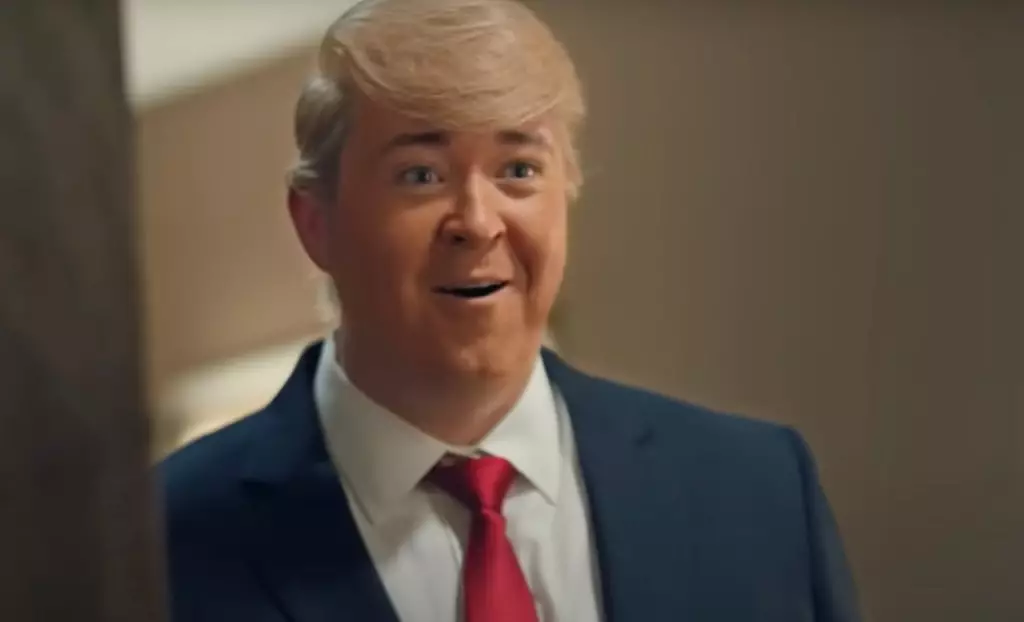Saturday Night Live (SNL), synonymous with political satire, has consistently been a platform that reflects the prevailing political climate through its sketch comedy. With the 2024 presidential race heating up, the need for a fresh take on President Donald Trump became evident. The show has relied on various impressions of Trump—most notably Alec Baldwin’s iconic portrayal, which ran from 2016 to 2020 and earned him an Emmy. Following Baldwin, James Austin Johnson took on the role, providing a new interpretation that aligned with the evolving political narrative. The implications of choosing the right impersonator are vital, not only for the comedic quality but also for the show’s cultural resonance during an election year.
In a surprising twist, comedian Shane Gillis disclosed during Skankfest in Las Vegas that he had been approached by SNL’s creator Lorne Michaels to portray Trump in the iconic show’s 50th season. This revelation raised eyebrows, particularly given Gillis’ controversial past, which includes being fired from SNL in 2019 after past offensive remarks resurfaced. It emphasizes an ongoing dialogue about inclusivity in comedy and the capacity for redemption. However, Gillis chose to decline the opportunity to return to the show’s high-profile stage, opting instead for a niche comedy festival over a prominent role on a nationally acclaimed platform.
Understanding Gillis’ decision requires a dive into the comedian’s personal values and professional priorities. Gillis stated, “I’ve got to go to Coke Magic,” indicating a preference for a more underground comedy circuit. The choice to prioritize a comedy festival resonates with emerging trends in comedy, where more comedians are valuing authenticity and personal expression over high-profile appearances on mainstream television. His reasoning uncovers a deeper exploration into what success means for modern comedians—an extension of the notion that visibility does not always equate to validation in the comedy world.
The Future of SNL’s Political Satire
As SNL prepares for its next season with the backdrop of an impending election, the question of who will impersonate Trump remains critical. With Gillis stepping back, the show’s dynamic continues to evolve. Michaels mentioned the necessity to “reinvent” the performances amid political dialogues. This presents an opportunity for emerging talents to establish their comedic identity while also delivering critique via satire. The political landscape will evolve, and so must the impersonations that mirror it. As fans await Johnson’s return, the landscape of political comedy remains fluid, with possibilities rich for exploration.
Gillis’ refusal to don the Trump persona indicates a shift towards valuing niche and perhaps riskier comedic ventures over established platforms. It challenges the traditional actors’ roles within the comedic sphere, inviting a new set of voices to engage in political satire. As the country inches closer to yet another election, SNL will undoubtedly continue to navigate these complexities, ensuring that both humor and commentary remain at the forefront of its mission. The comedic landscape is ripe for experimentation, but what remains to be seen is how it will adapt to encompass the multifaceted narratives that define contemporary American politics.

